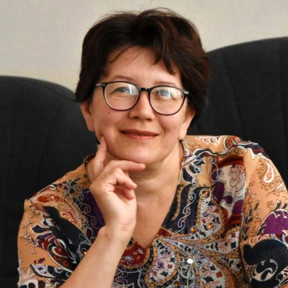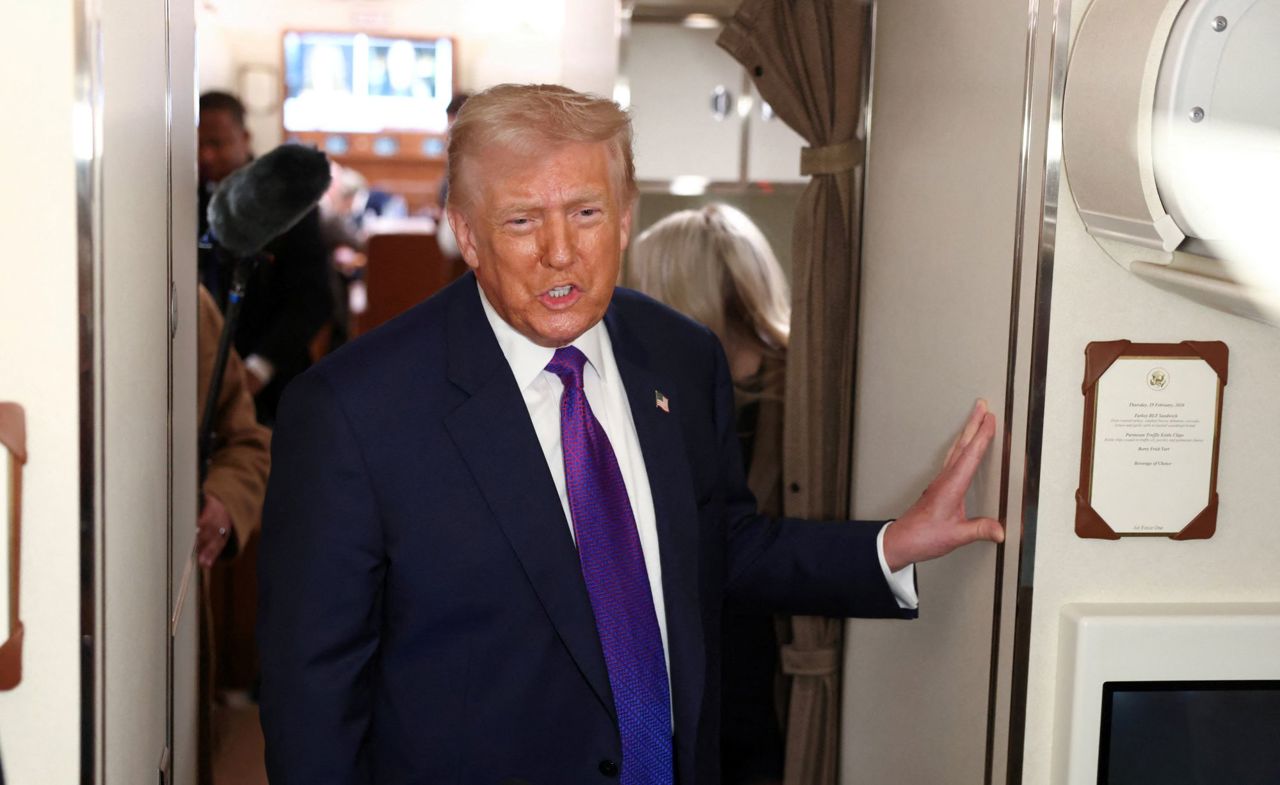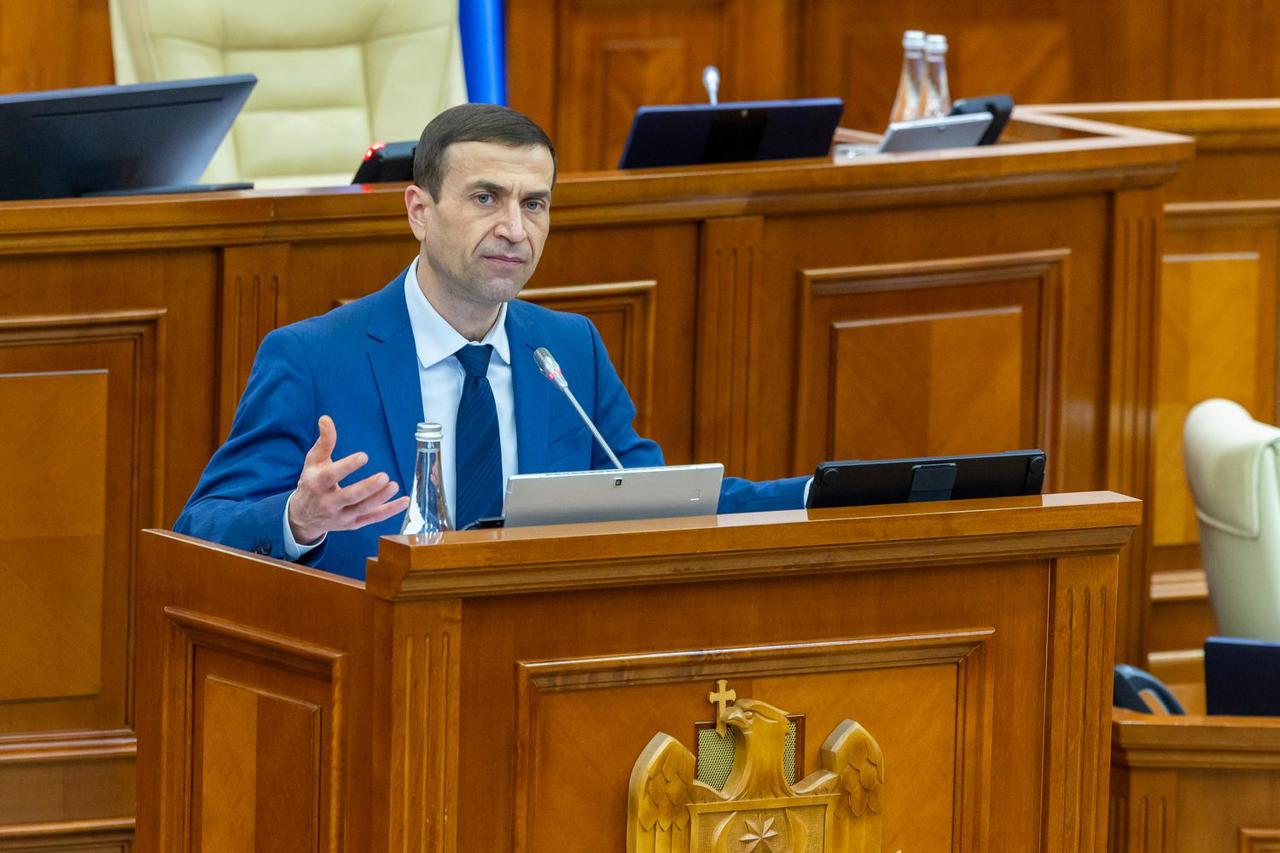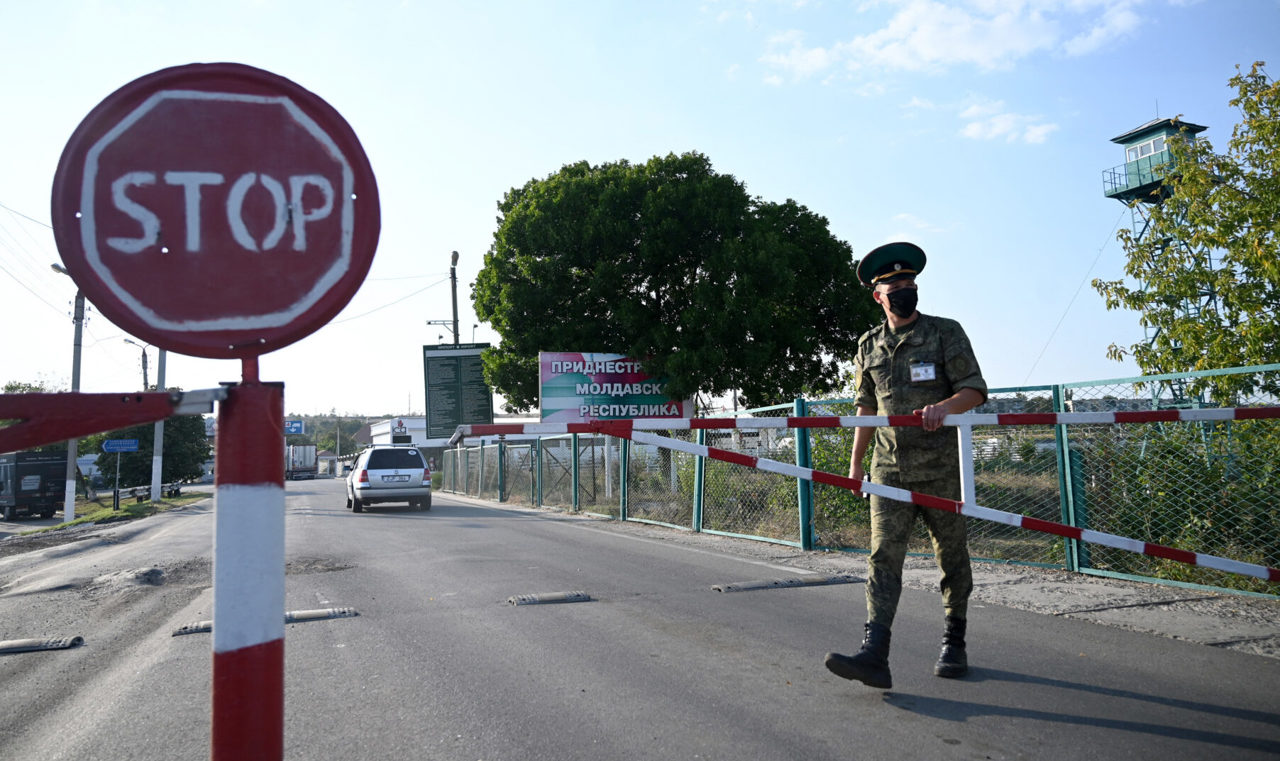Russia's impact on Moldova's energy crisis and stability explained
Prime Minister Dorin Recean spoke with Vadim Krasnoselski, the self-proclaimed leader of Transnistria, shortly after his return from Moscow, where they discussed the possibility of resuming gas deliveries to the left bank of the Dniester.
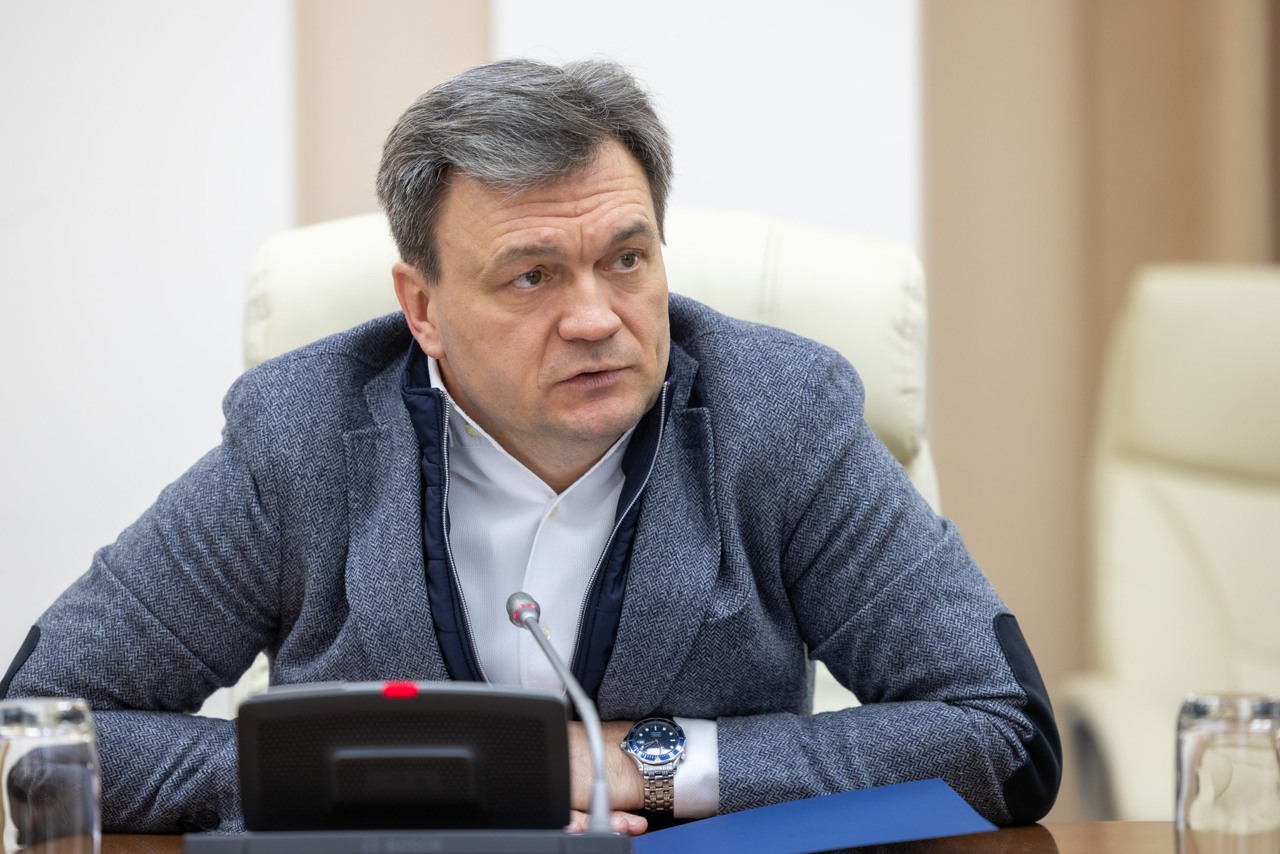
Dorin Recean made this statement in an interview on PRO TV, explaining that the current energy crisis in the Transnistrian region was caused by Russia, which is not seeking solutions but rather aiming to destabilize the situation in the Republic of Moldova.
"Vadim Krasnoselski returned from Moscow believing that Moscow had resolved the issue and offered a real solution for gas," Recean said. "However, Moscow did not offer a solution and instead led the unconstitutional administration on the left bank of the Dniester to believe that Moldova is blocking natural gas deliveries. My objective in this discussion was to calm the tensions and prevent the situation from escalating."
Recean also noted that Krasnoselski went to Moscow on a Russian passport and also held Ukrainian citizenship. He emphasized that the company that supposedly signed a contract with Tiraspoltransgaz could not offer a real and legal solution, as, under Moldova's legislation, only Moldovagaz is authorized to deliver gas to the left bank of the Dniester, because "there is no free market on the left bank, which is under Russian occupation."
"Why did they need such complicated schemes when there was already a well-established contract that should have been respected?" Recean continued. "Anything this company proposed does not meet anti-money laundering standards regarding payments for natural gas and transit."
Regarding the potential for gas deliveries, Recean stated, "Gas can be supplied at any time. It is more expensive to organize the logistics on short notice, but solutions have been proposed. They were not accepted because the true intent is to create a problem they themselves caused, to perpetuate the crisis, escalate it, and turn a humanitarian crisis into a security crisis. This is what Russia aims to achieve: to destabilize Moldova."
Recean further explained that the resumption of gas deliveries to the left bank of the Dniester, regardless of the quantities, does not guarantee that the supplies will not be cut off again in a month or two. For this reason, purchasing electricity again from Cuciurgan for the right bank is not possible without guarantees that gas deliveries will not be interrupted. "I don't see who could offer such guarantees. We have observed that without these guarantees, citizens end up paying higher costs."
Vadim Krasnoselski recently announced that natural gas deliveries from Russia to the region would resume soon. His statements followed his visit to Moscow, where he met with officials from Russia's Ministry of Energy. The details of the transport route and who will cover the transit costs remain unknown.
"The gas that will be delivered is sufficient to ensure the operation of all heating plants, electricity production, and the activities of enterprises. It is humanitarian gas," Krasnoselski said.
Later, a company from the right bank announced that it had signed a contract with Tiraspoltransgaz for gas deliveries from European stock exchanges.
Russian energy giant Gazprom halted gas deliveries to the Transnistrian region on January 1. As a result, the situation has led to widespread outages of gas, hot water, and heating in most localities.
Experts suggest that the current energy and social crisis in the Transnistrian region was artificially created by the Russian Federation as part of a broader strategy to destabilize the Republic of Moldova ahead of the parliamentary elections this year. This situation could be leveraged for political gain, with the opposition positioning itself as the "savior" in front of the electorate.
Translation by Iurie Tataru
